In Greek mythology you are going to find countless tales about both the Greek gods and the Titans. These two groups occupy different eras in the chronological order of mythological history. However, a lot of people get the two groups confused.
So, what is the difference between the Greek gods and the Titans?
The Greek gods are the third generation of gods after the primordial gods and the titan gods. They are led by Zeus and include characters like Poseidon, Hades and Aphrodite. The Titan gods are the second generation and are led by Cronus. They include characters like Oceanus, Prometheus and Atlas. The titans ruled in a time before mortals on earth and so they don’t tend to feature as often in the Greek myths. The Olympians however would interact and often interfere in the lives of mortals. Consequently the vast majority of Greek myths often have one of the Olympians playing some role and causing some mischief.
But, let’s take a deep dive into the difference between these two groups.
What is the Difference Between the Greek Gods and Titans?
#1 – Family
The Greek Gods
The 12 Olympian Greek gods are Zeus, Hera, Poseidon, Demeter, Athena, Apollo, Artemis, Ares, Hephaestus, Aphrodite, Hermes, and Dionysus. The goddess Hestia was originally a member of the 12, but she was replaced by Dionysus when he returned to Mt. Olympus. Hercules was also made into an Olympian god after the Gigantomachy battle but he isn’t classed as one of the 12.
In total 5 of the 13 were sons and daughters of the Titan god Cronus and his sister/wife Rhea. These were Zeus, Hera, Poseidon, Demeter and Hestia. There was also the god Hades but he lived in the underworld and wasn’t classed as an Olympian.
Other than those 5, Athena was the daughter of Zeus and Metis, Apollo and Artemis were the children of Zeus and Leto, Ares and Hephaestus were the sons of Zeus and Hera, Dionysus was the son of Zeus and Semele, and Hermes was the son of Zeus and Maia. So far 11 of the 12 were either siblings or children of Zeus.
Aphrodite was something of an exception because she was born from the severed genitals of the primordial god Uranus who happened to be the grandfather of Zeus. When his body was thrown into the sea, Aphrodite emerged from the waves.
The Olympian gods also had families of their own and with them came many important and influential children. Quite a few of the gods also had affairs with other gods, demigods and mortal, these unions also spawned some other important characters form the Greek myths. Zeus and Poseidon alone had countless affairs and caused much drama and disruption in the lives of the Gods and on earth.
The Titans
The lineage of the Titans was a little simpler. There were 12 Elder Titans. 6 male and 6 female called Cronus, Coeus, Crius, Hyperion, Iapetus, Oceanus, Rhea, Tethys, Themis, Theia, Phoebe and Mnemosyne.
Many of these Titans coupled up and the remaining also found partners or consorts. One of the more significant unions was Hyperion and Theia. Together they produced Helios, god of the sun, Semele, goddess of the moon and Eos, goddess of the dawn.
Another important union was Iapetus and Themis who gave birth to the famous Titans Prometheus, Epimetheus, Atlas and Menoitios. The most significant union was of course Cronus and Rhea who, as mentioned above, gave birth to 5 of the important Olympian gods.
#2 – Powers, Symbols and Appearance
Both the Titans and the Greek gods were associated with difference powers, symbols and traits so in order to understand the difference between the two groups it would be useful to detail some of this information.
The Greek Gods
- Zeus – He was the King of the Gods and the God of the sky. He could fire lightning bolts at whoever he pleased and rode a winged horse called Pegasus. He also carried a shield called Aegis and it was said that he spoke multiple languages. His major symbols were the oak tree, the lightning bolt, thunderbolt and the sceptre. He was a carefree and wise god, but could also be vengeful, a lover of many women and deceitful.
- Hera – She was the goddess of marriage, women, the family, the heavens and the sky. She had the ability to bless and curse specifically in the realm of child birth, she was said to be eternally youthful and was able to regenerate every year. However she also liked to control the minds of men and cause madness in some of them. Her major symbols were the diadem, the scepter and the pomegranate. She was quick to anger, arrogant, rude but also cunning and loyal.
- Poseidon – He was the god of many realms including the sea, rivers, water, earthquakes, storms, and horses. He could cause earthquakes and storms, he had some divine control of horses. He was super sized compared to the other Olympians. His symbols were the scepter and seaweed. His personality was highly temperamental, cruel, vengeful, violent, and predatory.
- Demeter – She was the goddess of agriculture, fertility, law and the harvest. She had the power to bring about and protect harvests, she could cause the earth to be more fertile and she rode a chariot pulled by a team of serpents. Her symbols were the cornucopia, wheat, barley and mint. She was believed to be peace-loving, protective and motherly.
- Athena – She was the goddess of strategic planning, heroism, pottery, olives and invention among other things. She would devise complex strategies and warfare. In some cases she was able to use the lightning bolts of Zeus. She wielded the shield Aegis which hosted the head of Medusa on the front which could be used to turn enemies to stone. She was also very persuasive. He major symbols were the olive tree, the helmet and the spear. She was believed to be wise, courageous, fierce, intelligent, persuasive and cunning.
- Apollo – He was the god of music, art, archery, plague, medicine, the sun, prophecy and knowledge. He was believed to be highly skilled with a bow and arrow. He also had the power to manipulate light. His major symbols were the lyre and the bow and arrow. He was said to be calm, wise, knowledgeable, energetic, truthful and creative.
- Artemis – She was the goddess of the forest, the moon, archery, hunting, wild animals, children and disease. She was said to have near perfect aim with her bow. On top of that she could heal others easily and she could control the tides of the ocean. He majors symbols are the bow and arrow and the moon. She was said to be aloof, cold but also free spirited, introverted and independent.
- Ares – He was the god of War. He was believed to be a superior warrior and also great at hand to hand combat. His major symbols were the flaming torch, the spear, and the war chariot. He was believed to have a violent personality and was also merciless, angry, bloody-minded and arrogant.
- Hephaestus – He was the god of metalworking, buildings, stone masonry, the art of sculpture, volcanoes and the mighty forge. He could withstand any heat from his forge. Another trait was that he could construct anything you requested. His major symbols were the hammer and the anvil. His personality was kind, friendly, hard working and peaceful.
- Aphrodite – She was the goddess of love, beauty and passion. She had the power to make almost anyone fall in love with anyone else. Her major symbols were the rose, the shell, the apple tree and the mirror. Her personality was disloyal, adventurous, arrogant, envious and manipulating.
- Hermes – He was the god of animal husbandry, travellers, trade and commerce, language and messages. It was said that he was very persuasive as the messenger god. He had winged sandal with which to fly. His major symbols were the caduceus and the lyre. His personality was graceful, cunning, witty, tricky, lovable and athletic.
- Dionysus – He was the god of the grape harvest, wine growing and wine making, of ritualised madness, ecstasy, theatre and drunkenness. He was able to cause vines to grow from anywhere he please and. He could turn anything into wine. His major symbols were the grapevine, grapes and wine. He was lighthearted, generous, carefree, festive and on occasion wild and crazy.
- Hestia – She was the goddess of the home, family meals and domesticity. She was said to have great ability to control and tame fire. Her major symbols were the hearth and fire. Her personality was gentle, mild, kind, forgiving, motherly and was often the mediator.
For some more detail on the Greek gods and their powers you can check out the article here.
The Titans
- Cronus – He was the Titan god of the universe and destructive time. His symbol was the sickle. He was said to be vengeful, cruel and often angry.
- Coeus – He was Titan god of the north, intellect, the rational mind, the inquisitive mind, reason and foresight.
- Crius – He was the Titan god of the south and constellations
- Hyperion – He was the Titan god of the east and watching from above. He symbolised heavenly light.
- Iapetus – He was the titan god of the west, mortality, death and craftsmanship.
- Oceanus – He was the Titan god of the ocean, rivers and fresh water. It was said that he embodied a great river which encircled the earth. All of the worlds fresh water came from this Titan.
- Rhea – She was the Titan goddess of fertility, the flow of time, motherhood and the mountains. Her symbols were the cymbal and the lion.
- Tethys – She was the Titan goddess of nursing, fresh water and the rivers.
- Themis – She was the Titan goddess of divine law, justice, oracles and prophecy.
- Theia – She was the Titan goddess of sight, precious metals and stones and the light of the blue sky
- Phoebe – She was the Titan Goddess of the Oracle of Delphi and the bright intellect.
- Mnemosyne – She was the Titan goddess of memory, memorisation, language and words.
For more detail on the Titans and their powers you can check out the linked article.
#3 – Majors Myths and Roles
The Greek Gods
- The Titanomachy – The Titan god Cronus had been give a prophecy that he would be overthrown by one of his children. Because of this he would take to eating his children as soon as his wife Rhea gave birth. By the 6th child Zeus, Rhea had had enough. She wrapped a large stone in a blanket and tricked Cronus into thinking this was the child. He ate the stone and Rhea was able to have Zeus raised in secret away from his violent father. When Zeus was fully grown he returned to fight Cronus. He forced him to vomit up his siblings by giving him a strange drink. When the other siblings reappeared together they fought the Titans. Many Titans switched sides during the battle including Prometheus and Epimetheus.
- The Gigantomachy – Following the Titanomachy, the primordial god Gaia was unhappy with how how grandson Zeus ruled the universe. She conspired with her sons the giants to overthrow the Olympians. They advanced on Mt. Olympus and they fought a terrible battle with both sides suffering terribly. However, they arrived at something of a stalemate. Gods could not kill giants and so all they could do was fight. The gods were told that only a mortal could kill a giant. So Zeus conscripted his son Heracles to fight on the side of the gods. The gods would distract the giants at first and then Heracles would strike the fatal blow. Thus the Olympians were able to defeat the giants.
The Titans
- The Overthrow of Uranus – Uranus, the god of the sky, ruled the universe with his wife Gaia, the goddess of the earth, by his side. They had a number of different children. There were the Titans, the 1-eyed giants and the 100-armed giants. Uranus was disgusted by the appearance of the giants and had them locked away in Tartarus. Gaia was unhappy with this and conspired with her son Cronus to overthrow Uranus. Cronus and 4 of his brothers, each representing north, south, east and west, held down the great sky god. Then Cronus advanced with a sickle in his hand and castrated the sky god and threw his body into the ocean. Cronus then took control of the universe and proclaimed himself king.
Are Titans Gods?
In Greek mythology there are said to be roughly 3 tiers of gods. There are the primordial gods, so were are talking about Uranus, Gaia, Tartarus, Nyx, Thanatos and so on. Then we have the Titans, which include the 12 elder Titans and also other lesser Titans like Prometheus and Atlas. Then finally we have the Olympian Gods, most of whom are related to Zeus in one way or another.
In this context, all three tiers are classes as gods. So, to answer the question. Yes, Titans are gods. Just not Olympian gods who people are most familiar with. But certainly just a different type of god.
How Did the Greek Gods Defeat the Titans?
In the great Titanomachy battle of the Olympians vs the Titans, neither side could gain a significant advantage over the other. On one side the Titans led by Cronus and to a lesser extent Atlas. On the other side, Zeus leading the Olympians and few Titans like Prometheus and Epimetheus.
At this point in the stalemate Gaia decided to intervene. She told Zeus to release the Hecatoncheires and the Cyclopes. The Hecatoncheires would hurl rocks at the Titans and the Cyclopes forged three gifts.
To Hades they gave the Helmet of Invisibility, to Poseidon they gave the Trident and to Zeus they gifted the thunderbolt weapon. With the helmet, Hades was able to steal all the Titan’s weapons without them seeing. Poseidon then fought Cronus head on with his Trident and Zeus took the opportunity to strike Cronus with the thunderbolt. Cronus was beaten down and with the help of the Cyclopes and Hecatoncheires the Olympians were able to defeat the rest of the Titans.
Zeus decided to throw most of the defeated Titans in Tartarus but Atlas was given the unique punishment of having to hold up the sky for eternity.
Is Aphrodite a God or Titan?
Unlike the other Olympian gods, Aphrodite isn’t either a sibling or child of Zeus. This has led many people to question whether Aphrodite is a god or titan.
When Uranus was overthrown, he was castrated and his genitals were thrown into the ocean. From the foam of the ocean emerged Aphrodite. This makes her quite different from the Titans who were born from the union of Uranus and Gaia, or the Greek gods who are siblings or children of Zeus.
Nevertheless, she is thought of as an Olympian god. She is a member of the pantheon of Greek gods. In the many descriptions from Greek mythology she is never described as a Titan.
Are Titans Stronger Than Gods?
In the great Titanomachy, the Titans and the Olympians match off. In the beginning the two sides are well matched and neither side can overcome the other. It is only with the help of the Hecatoncheires and Cyclopes that Zeus and co take the upper hand.
The Titans are said to be bigger than the Olympian gods, but within the Greek universe this doesn’t necessarily mean the Titans are stronger. So, in truth the Titans and the Gods are evenly matched.
Can Titans kill gods?
In the Greek myths there isn’t a case where a Titan kills a Olympian god. In truth, to answer the question of can Titans kill gods, a better way to think about it is can Greek gods die? The answer is that it is pretty rare. There is Uranus who is killed and thrown into the ocean, there is Atlas who is turned to stone, there are some demigods like Achilles and Hercules who die. But in non of these cases does a Titan kill a god.
Who Was the Strongest Titan?
There are three contenders for the title of the strongest Titan. I would say it is between Cronus, Oceanus and Atlas.
- Cronus – Cronus was king of the Titans and was feared and respected by the other Titans. He was also the Titan to castrate Uranus. So it is arguable that he is strongest, or maybe just the most ruthless.
- Oceanus – He was the source of all fresh water on earth and the embodiment of the oceans. During the overthrow of Uranus and the Titanomachy he chose to sit out so his true strength is unknown. But a Titan watching over such a large domain must be powerful and strong. He is also the oldest of the Elder titans.
- Atlas – In the Titanomachy, Titan was amongst the fiercest and most feared fighters. He was so powerful that after the Titans defeat Zeus chose to give him an unenviable task. He was said to have to hold up the sky for eternity. Few gods or demigods could match such a feat. Heracles, while he was able to hold up the sky for a long time, wouldn’t have been able to for eternity.
Why Do the Titans Hate the Greek Gods?
Initially the Titans, especially Cronus, hated and feared the gods because there was a prophecy that the gods would overthrow the Titans. Later, after the Titans were defeated, the Titans hated the gods because they were imprisoned in Tartarus. A place of endless punishment and torment. They thought Zeus to be a poor ruler and they would have plotted to overthrow him many times.
Final Thoughts
There you have it. Greek gods vs Titans. I hope we went some way to answering your questions as to the difference between the two groups. We wrote two separate articles about the Olympians and the Titans and it probably worth checking them out if you have any more questions.
The Olympians get the lion’s share of the attention, but the Titans are a fascinating bunch and worth spending some time to discover.
Thanks for taking the time to read. Cheers!

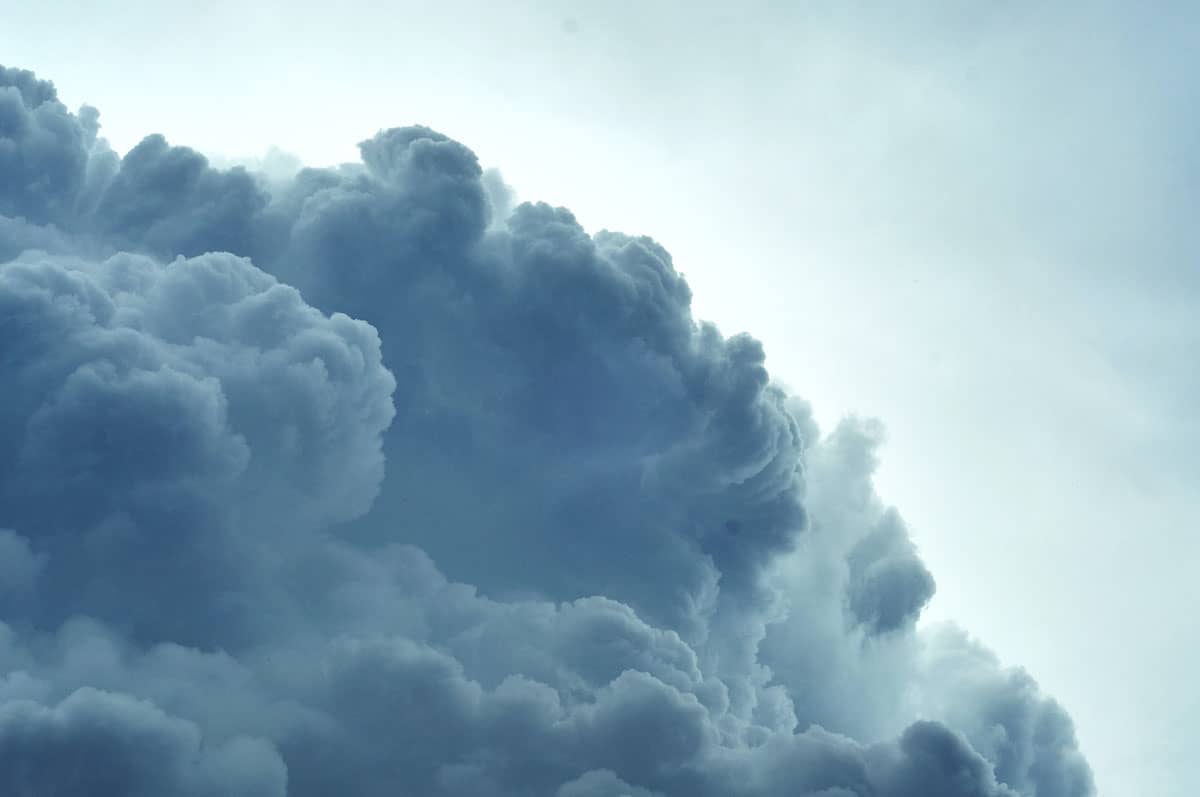
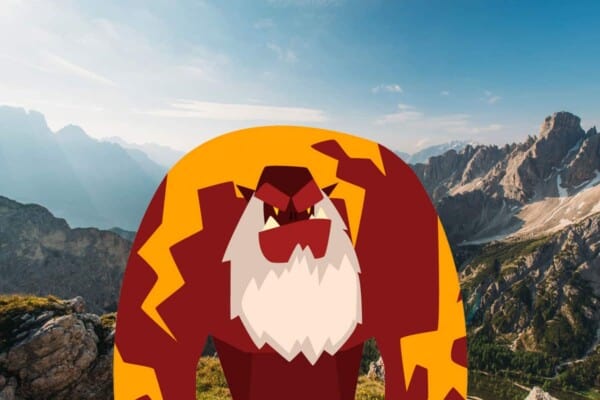
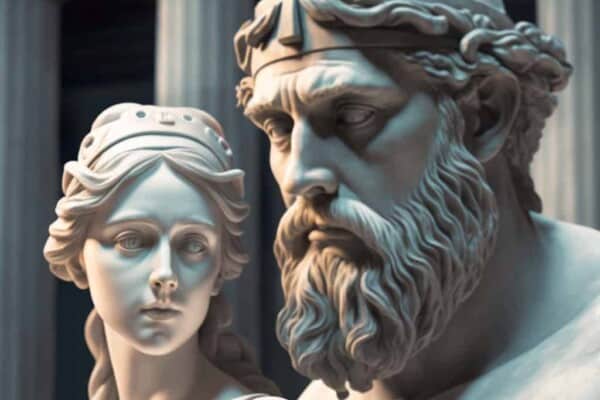
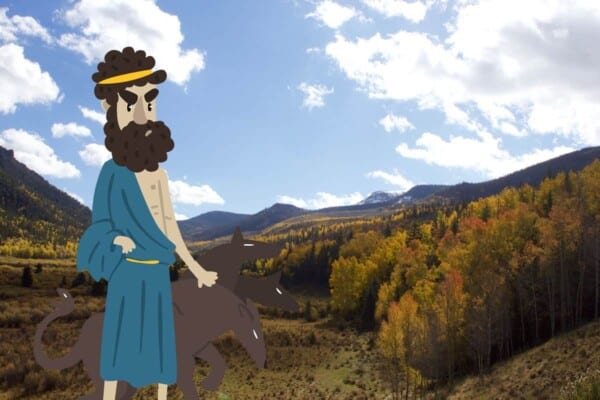
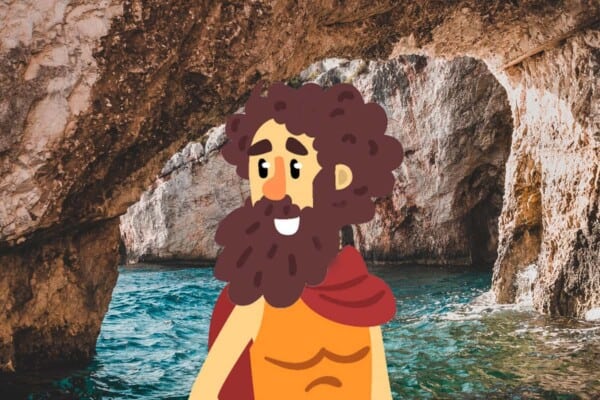
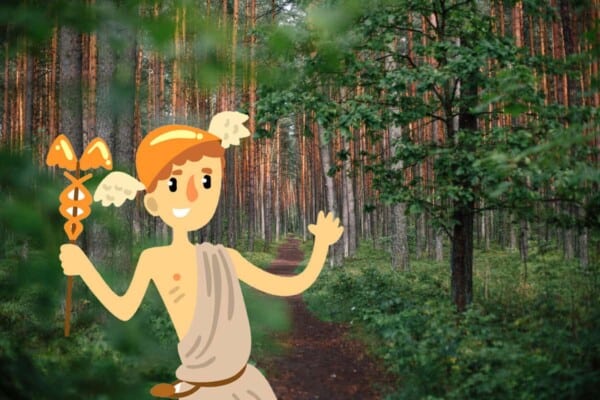
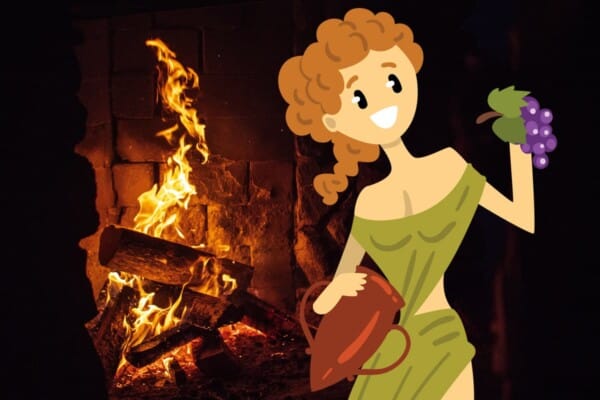

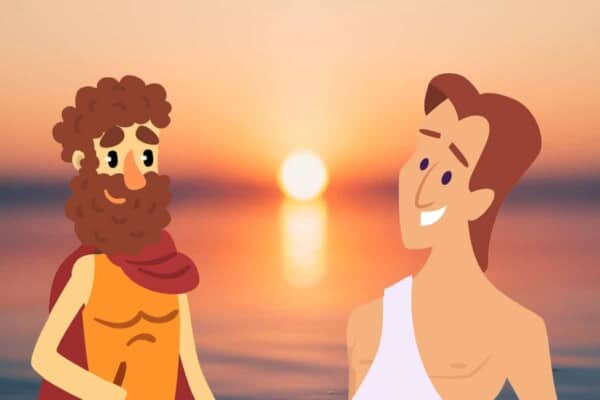
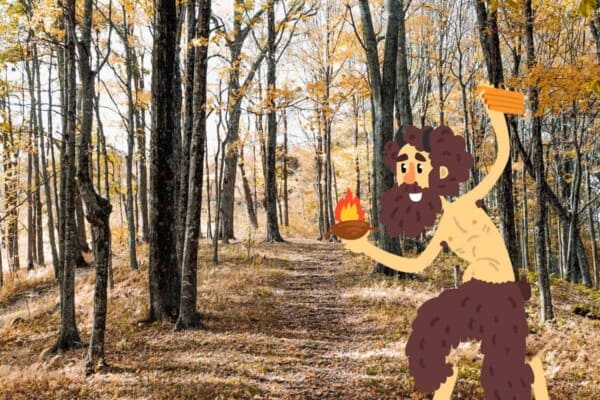
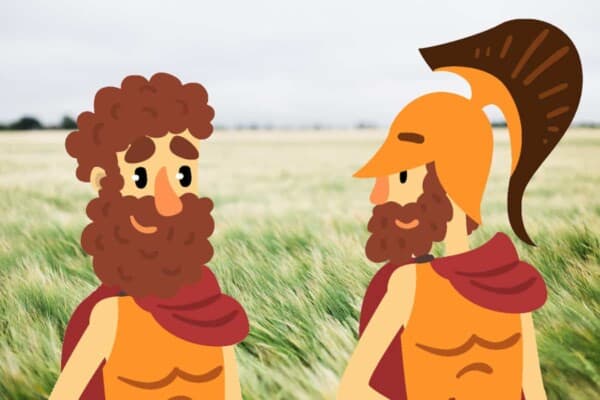
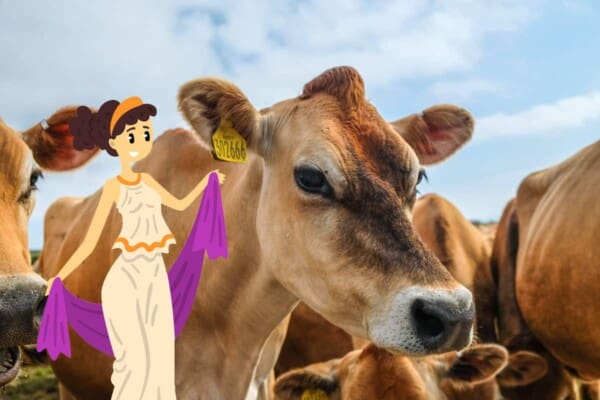

Very good job, you helped solve a number of problems I had understanding the differences between the 2 and the battle. I am guessing Thanatos and the Marvel Universe’s Thanos are the same Titan. And I am probably not the first who noticed this.